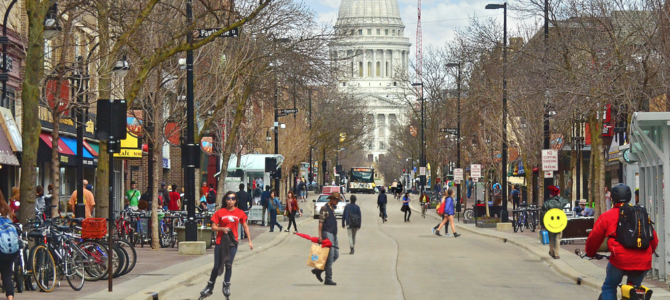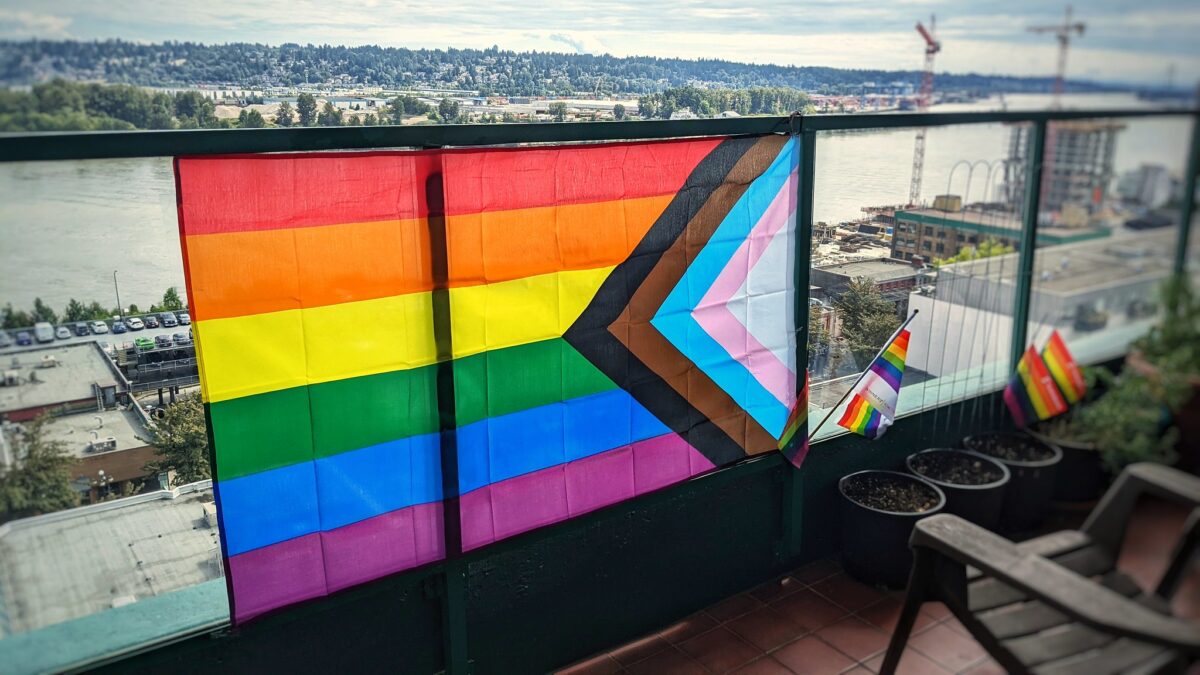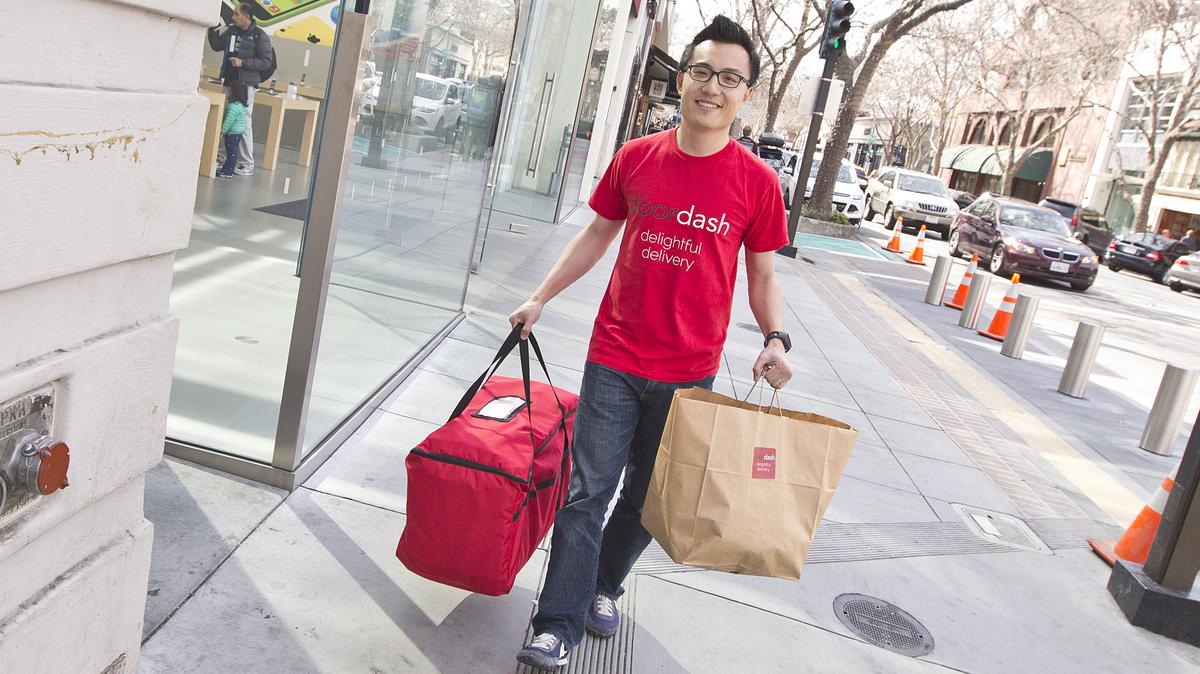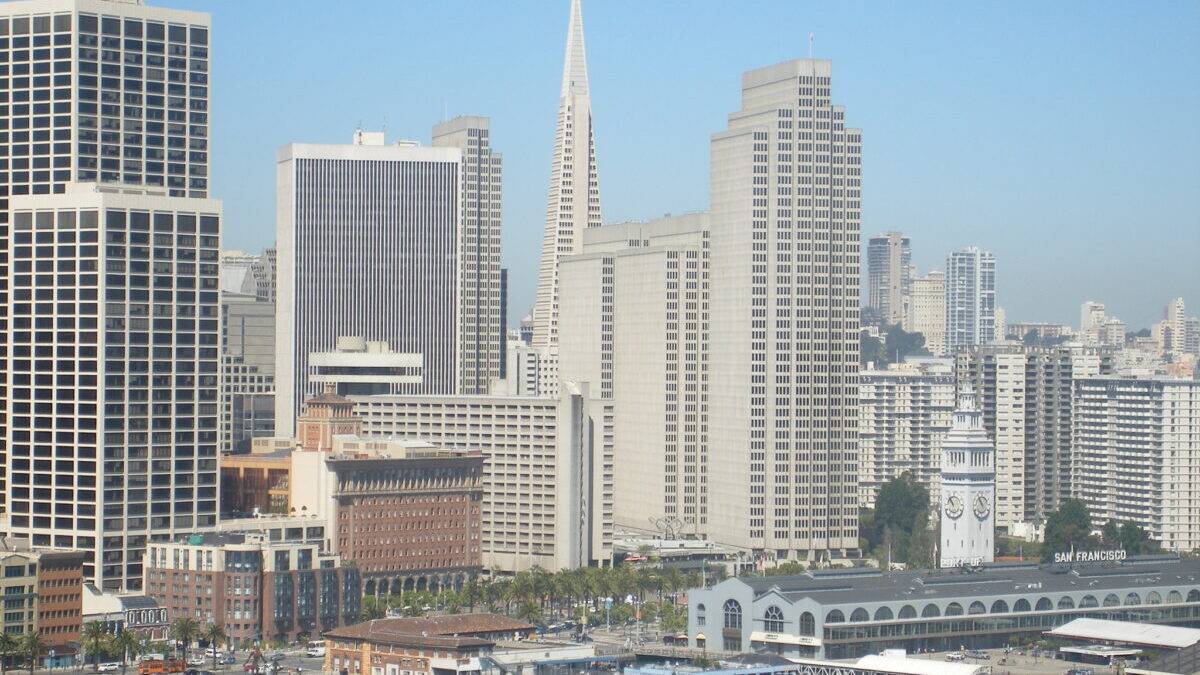MADISON, Wis. — Downtown Madison didn’t need more bad news. State Street, the heart and soul of the capital city — typically bustling with university students and tourists in the stores, bars, and restaurants up and down its pedestrian mall — now struck down by economic hardship, offers just a glimpse of the countless businesses around the country struggling to stay afloat in 2020.
As if the endless suffering of this tumultuous year — COVID-19, lockdowns, shutdowns, riots, and scared customers — weren’t enough, downtown Madison businesses on Tuesday learned the Big 10 is canceling its fall sports season. Now the bars, restaurants, retailers, and service providers so dependent on University of Wisconsin-Madison football fans won’t have the Badgers to bank on.
“Game days are our bread and butter. Without those, I think you’re going to see a lot of people struggling even more, with a lot of people closing,” said Jess Dye, owner of State Street’s Irish Pub.
Things are bad all over, and getting worse. On Tuesday, the Big 10 Conference announced it is postponing the 2020-21 fall sports season, including all regular-season contests and Big 10 championships and tournaments, due to ongoing health and safety concerns related to coronavirus.
In short, COVID-19 and fear forced the continued shutdown of college athletics, marking the first fall that football will not be played in the 125-year history of the conference. That includes the 1918 flu pandemic, and the world war years.
It was a punch in the gut for business owners like Curtis Diller of Kilwins, a popular State Street sweets shop, who said his store’s sales are down 81 percent this month. They were off as much as 95 percent in March when Gov. Tony Evers’s administration issued the first stay-at-home order. By the time stores were allowed to open and operate in May, albeit at a reduced capacity, the riots and looting knocked downtown Madison business out again. It’s basically been rinse and repeat all summer, usually big months for business districts such as State Street.
Now a significant source of sales — Badger football Saturdays and other university sporting events — is gone. Diller said his store has become increasingly dependent on event traffic. With the loss of entertainment events at Madison’s Overture Center, the entrepreneur said things are looking worse than ever.
“We’re fortunate, we have a fantastic landlord who has helped us get through the best we can. The bank has helped with loans. Without that, we wouldn’t be here,” Diller said. “We are still sustaining significant losses. People don’t understand how many ice cream cones we have to sell in order for us to just stay alive.”
Aaron Hofkes, manager of Sweet Home Wisconsin, a Regent Street restaurant near Camp Randall Stadium, says he thinks the Big 10 made the right call.
“We think it’s more about safety than revenue,” he said. Besides, he added, Madison restaurants are already dealing with strict health orders limiting customer capacity to 25 percent indoors, including employees.
State Street businesses that saw their storefronts smashed and their merchandise stolen have received no assistance from a city government that has, in many cases, vilified merchants as opponents of “social justice” or beneficiaries of “white privilege.”
Even as COVID-19 case numbers improve, Madison and Dane County health officials aren’t interested in loosening restrictions that would bring more traffic back to the struggling stores.
“I hope something gives here soon,” Dye, the owner of the Irish Pub, said with a sigh.
This article was originally published by Wisconsin Spotlight and has been edited for The Federalist.









